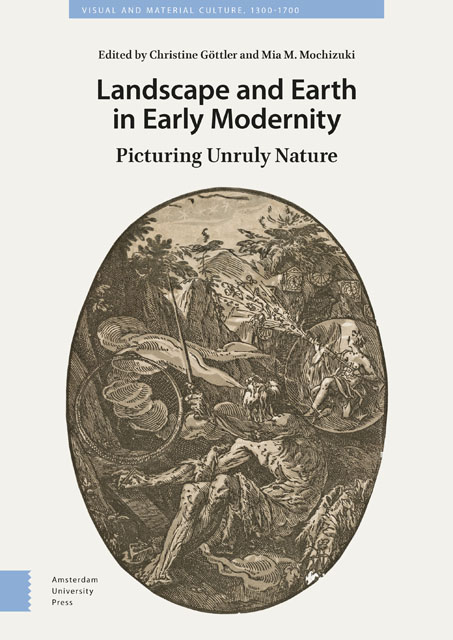7 - Aurea Aetas Antverpiensis: Land(scapes) in the Blijde Inkomst for Ernest of Austria into Antwerp, 1594
Published online by Cambridge University Press: 20 June 2023
Summary
Abstract
This chapter discusses the importance assigned to agricultural land and landscape in the context of the Joyous Entry of Archduke Ernest of Austria into Antwerp in 1594. It analyzes and contextualizes the first tableau vivant of the Entry, the “Stage of Agriculture,” placing particular stress on the significance of the coming of a second Golden Age, such as that described by Virgil in his fourth Eclogue and Georgics. Antwerp's City Council further addressed the stage's central themes of agriculture and land(scape) with its gift for the archduke: Pieter Bruegel's painting series of The Seasons. The chapter argues that contemporary political, economic, and climate issues led the organizers to reevaluate the role of the land outside the city.
Keywords: agriculture; Antwerp; festival culture; Golden Age; Virgil; Ernest of Austria
In the sixteenth century, the land on the outskirts of Netherlandish cities served as a site of agriculture, retreat, and a source of inspiration for artists as the new genre of landscape painting emerged. A famous example is the 1565 panel of The Harvesters by Pieter Bruegel the Elder (ca. 1525–1569) that suggests the intrinsic relationship between city and countryside (Fig. 7.1). Set in a wide, yellowy landscape, the peasants working or resting in the right foreground are juxtaposed with a small city, painted in darker colors, in the background. The harvest they are gathering is evidently the food supply not only for the peasants themselves, but also for the city dwellers. In a cycle of reciprocity, the urban space acts as the socio-political entity keeping the farmers safe and ensuring a high demand for their produce. In this painting, Pieter Bruegel shows how landscape can be perceived simultaneously as a site of natural scenery and agricultural produce, while being intimately connected with urban life.
In 1568, shortly after The Harvesters was finished, the Dutch Revolt had brought civil war to the Low Countries with devastating consequences for Antwerp's farmland, its scenic countryside, and its economy. The city's population fell sharply and by 1585, when Antwerp was captured by Alessandro Farnese (1545–1592) for the Spanish Crown, the number of inhabitants had declined from 100,000, at its height in 1568, to 42,000.
- Type
- Chapter
- Information
- Landscape and Earth in Early ModernityPicturing Unruly Nature, pp. 269 - 292Publisher: Amsterdam University PressPrint publication year: 2022



